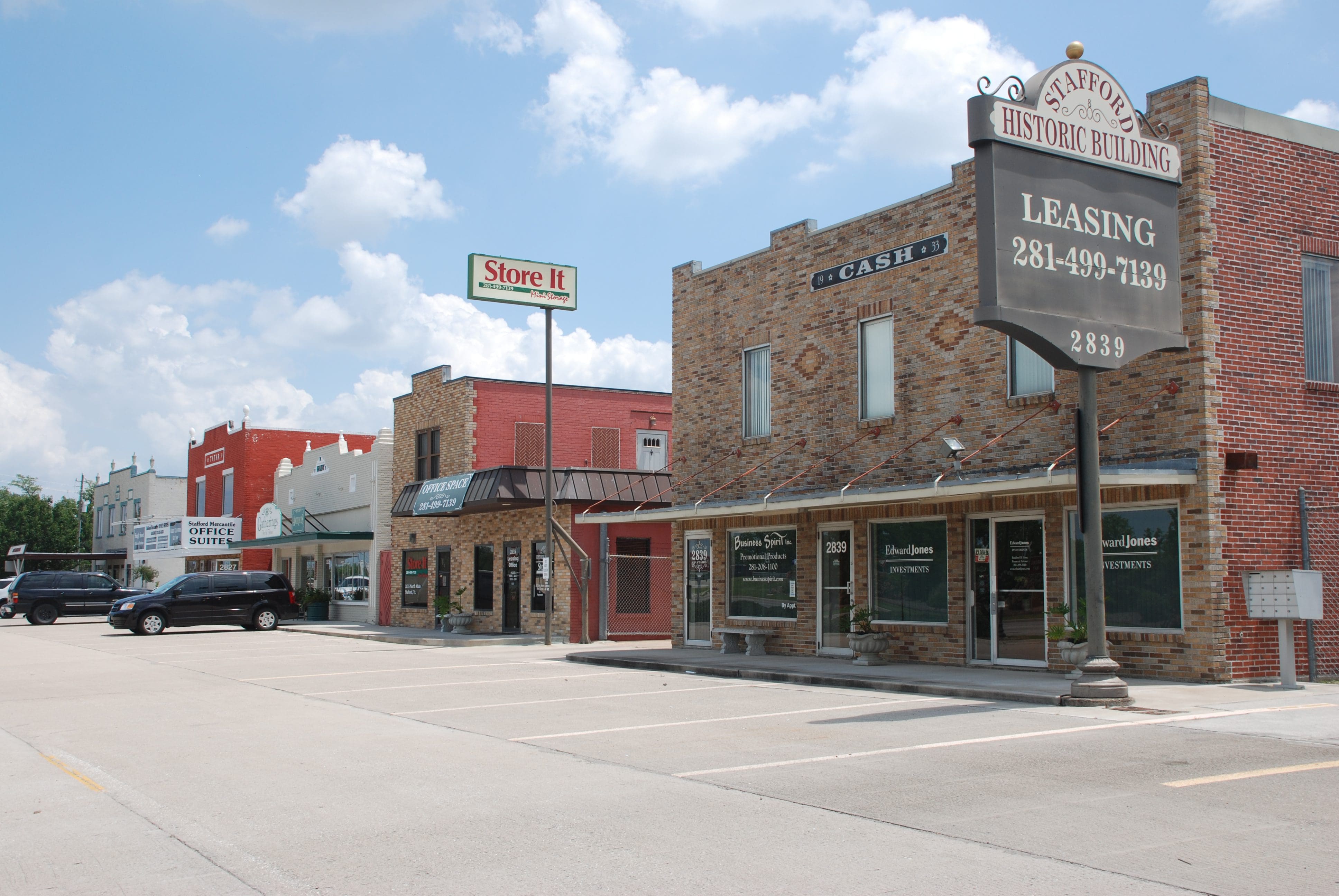As the legislature considers two landmark property tax reform proposals, local officials and taxpayer-funded lobbyists are scurrying around the Capitol, most in opposition to the 2.5 percent limit on property tax increases found within Senate Bill 2 and House Bill 2. One city, however, has done away with property taxes entirely. Instead of opposing reform, local officials should look to Stafford, Texas.
Stafford, a Fort Bend County city of about 20,000, eliminated its property taxes more than 20 years ago under long-serving Mayor Leonard Scarcella. Scarcella wanted to “end Stafford’s reliance on municipal property taxes” and did so with a 100 percent local property tax abatement.
A certificate presented to Scarcella and city officials last year says:
“For the last 22 years, the city has managed all public spending through the municipal sales tax fund and has met the needs of the community without incurring additional debt; the city’s innovative approach to fiscal management has led to a notable increase in cash resources and has saved residents and businesses thousands of dollars in taxes each year.”
Stafford is the largest Texas city to abolish property taxes on commercial and residential property. As a comparison, the neighboring city of Sugar Land levied a 45.7 cent property tax on every $100 of valuation at the time Stafford abolished theirs.
The county, school district, and other local entities still levy property taxes, and the city collects a 2 percent sales tax: 1.5 percent goes to the city and .5 percent goes to the Stafford Economic Development Corporation. Their most recent financial report shows that sales and use taxes make up about 58 percent of their revenue with service charges coming in well behind at 27 percent of revenue.
Contrary to what is often claimed by local officials, the city isn’t losing out on new business, debt hasn’t added up, and public services are fully functioning.
Stafford benefits from being located near a major city and off of a major highway, and sees a significant influx of commuters during the day, so it is uniquely positioned to abolish its property tax and manage with a reasonable sales tax. However, this wouldn’t have been a successful experiment without sound fiscal management, which shows that it can be done.
So while other cities fight to oppose property tax reform in the legislature, Stafford residents need only fight their county and school district to follow suit and put taxpayers first.




